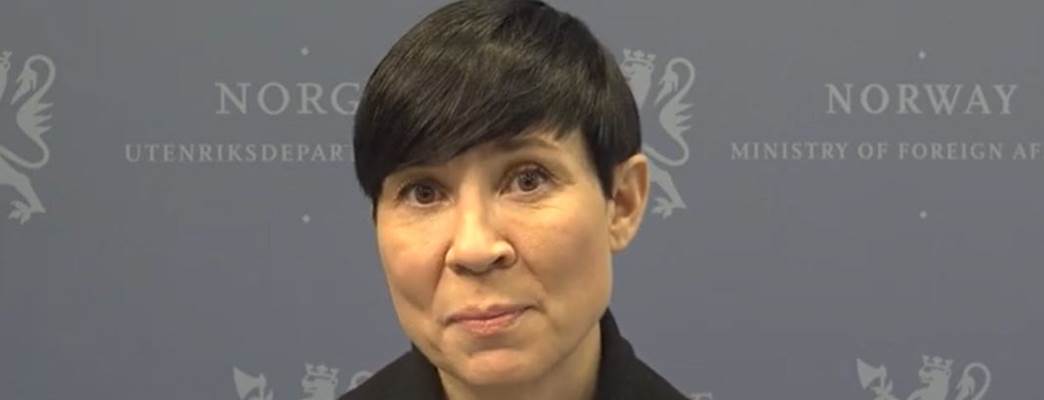In her statement to the Council, the Foreign Minister highlighted that the ongoing pandemic limits us all in so many ways.
“Despite these circumstances, the Council has proven to be important, active and relevant in addressing human rights issues, including the more pressing ones related to COVID-19”, said Eriksen Søreide. “Economic, social, cultural, civil and political rights are interdependent and are all essential to build back better and fulfil the sustainable development goals.”
This session of the Human Rights Council will last from 22 February to 23 March 2021. During this period, the Council will hold panel discussions, general debates and interactive dialogues and consider and adopt resolutions regarding thematic human rights issues and the human rights situation in many countries. The Secretary-General of the United Nations, António Guterres, opened the session, together with the President of the General Assembly Volkan Bozkir, the High Commissioner for Human Rights Michelle Bachelet, and the Human Rights Council President Ambassador Nazhat Shameem Khan of Fiji. More than 130 other dignitaries participated in the high level segment of the session.
“Unfortunately, the health crisis has become a human rights crisis,” Eriksen Søreide highligthed. “Over the past year, we have seen governments use the pandemic as an excuse to concentrate power and introduce restrictive and disproportionate measures.”
She expressed deep concern about the backsliding of democracies around the world, and pointed out that more than half the world’s population now live in autocracies.
“It is regrettable that the past year we have spent more time defending existing human rights standards, rather than developing the normative framework,” she said, highlighting the need to step up national implementation and adhere to human rights commitments. “Norway maintains our commitment to universal human rights, and those that defend them.”
